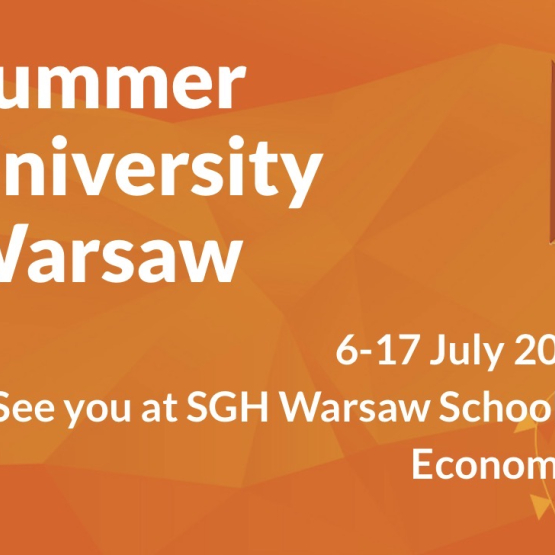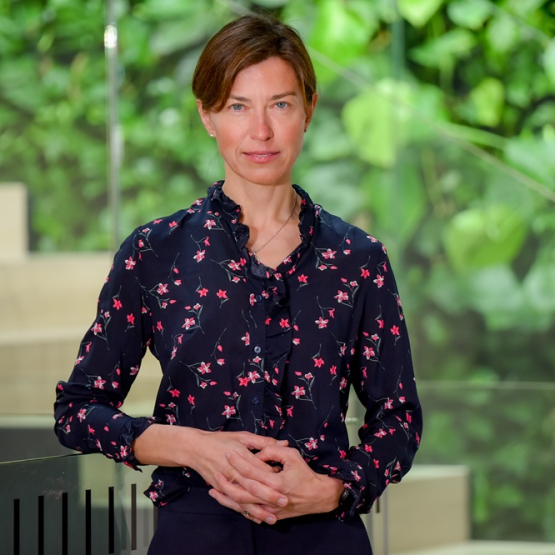There is some space in the space for everybody. SGH in the Academic Space Network. A Pole to fly into space soon
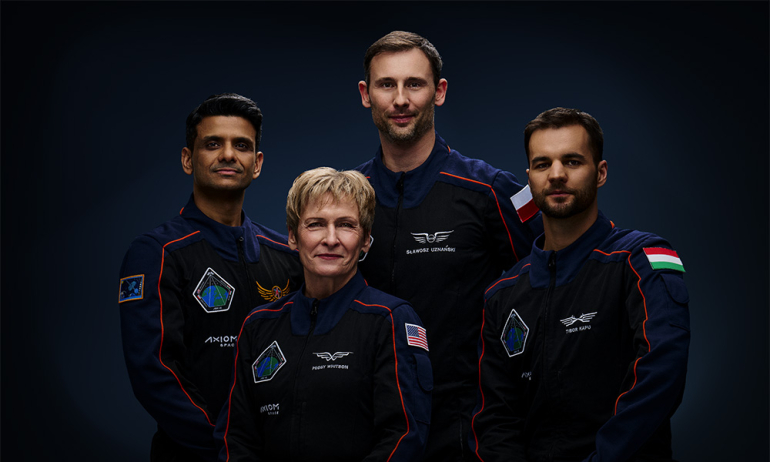
Space and its exploration is an area for the activity of specialists and researchers from many sectors of the economy and fields of knowledge. There is also some place there for economists, specialists in management, finance, international cooperation and law. They can play a great role in sustainable space exploration, commercialisation of innovative technologies and their application to improve the quality of life on Earth. It is worth realising how great challenges we face so that science, research and international cooperation could contribute to the dynamic, ethical and effective conquest of space and business development in the space industry. We must try to understand the importance of the space sector for the development of our civilisation.
In May 2021, on the initiative of the AGH University of Science and Technology in Krakow, the concept was presented behind the establishment of the Academic Space Network (ASK). The primary goal of this initiative is to foster cooperation and to exchange experience in the field of education and research related to space technologies between Polish universities and the commercialisation of the results of this research. The motto which guides the operation of the network Space for the Earth and humanity indicates the usefulness of space exploration. The dynamic development of the space sector poses a number of new challenges to academic centres, but also opportunities for their participation in this sector. The SGH Warsaw School of Economics has been a member of the Academic Space Network since 2022 and participates in the work of the ASK Council. The network currently brings together 23 academic and research centres. Most of them are technical universities, polytechnics, classical universities such as the Jagiellonian University, but also those specialising in economic, agricultural, medical or natural sciences. The collaborative efforts made by ASK, in accordance with its statutory objectives, are aimed at the development of Polish science in the field of broadly understood space research, training staff for this sector, commercialisation of research and its innovative solutions. The work of the ASK Council is attended by Prof. Elżbieta Marciszewska – Rector’s Representative for ASK, who initiates and coordinates the SGH activity in the space sector within the Network, including the series entitled Talks about Space, workshops for students, meetings with interesting people within the sector, strengthening cooperation with POLSA, with which a partnership agreement was signed in June 2024. In the area of teaching, SGH also offers postgraduate studies in Space Management in the New Economy.
The Academic Space Network has contributed to the preparation and promotion of the space flight of the second Pole. At the Council meetings, we hosted Dr. Sławosz Uznański-Wiśniewski, who is scheduled to fly to the International Space Station (ISS) in mid-2025 as part of the IGNIS project.
During the meetings of the ASK Council, we learnt about the experiments proposed by academic centres to be performed on the ISS by the Polish astronaut.
Poles in Space is the title of a series of Talks about Space, held at the SGH Warsaw School of Economics, which referred to another space mission participated by Dr. Sławosz Uznański-Wiśniewski. We talked about the management challenges of the new mission participated by the Pole, about the experiments that our astronaut will perform and how this mission will show the Polish space potential.
One month before the flight of the second Pole into Space, a seminar entitled “Is There Money on the Moon? The Emerging Lunar Economy” had place in SGH with special guest David H. Lehman, former head of NASA Space Programmes, technical director for the development of information management subsystems on Mars (Deep Space One Mission) and many other missions, including the MARS ODYSSEY Mission and NASA's Mars and Moon exploration projects.
In the spring of 2025, nearly 47 years after General Mirosław Hermaszewski’s flight, Poland will once again send one of its citizens into space. This event is of great importance not only for Polish science and technology but also as an inspiration for future generations of students, researchers and scientists. Sławosz Uznański-Wiśniewski, an ESA project astronaut, will take part in the Axiom-4 mission. His stay on the International Space Station (ISS) will last two weeks and will provide an opportunity to conduct a series of scientific and technological experiments.
The mission, named IGNIS, is the result of an agreement signed in August 2023 between the Ministry of Development and Technology and the European Space Agency (ESA), concerning the preparation and execution of a Polish technological and scientific mission on the ISS. The Polish Space Agency (POLSA) has been closely involved in the preparations for the mission.
This mission represents a major opportunity and challenge for the Polish space sector, with many individuals from Polish and international institutions already engaged in its implementation.
SŁAWOSZ UZNAŃSKI-WIŚNIEWSKI’S PATH TO ESA
Sławosz Uznański-Wiśniewski was born on 12 April 1984, in Łódź—on the anniversary of Yuri Gagarin’s historic spaceflight and the maiden launch of the Space Shuttle Columbia. Growing up during a period of rapid advancements in space and computer technologies profoundly influenced his interests and career path. His fascination with science and technology, fueled by the achievements of space programmes, led him toward engineering and physics. Interestingly, space has always played a role in his life due to his unique birth date. He recalls receiving birthday greetings that often included “Happy Cosmonautics Day!”
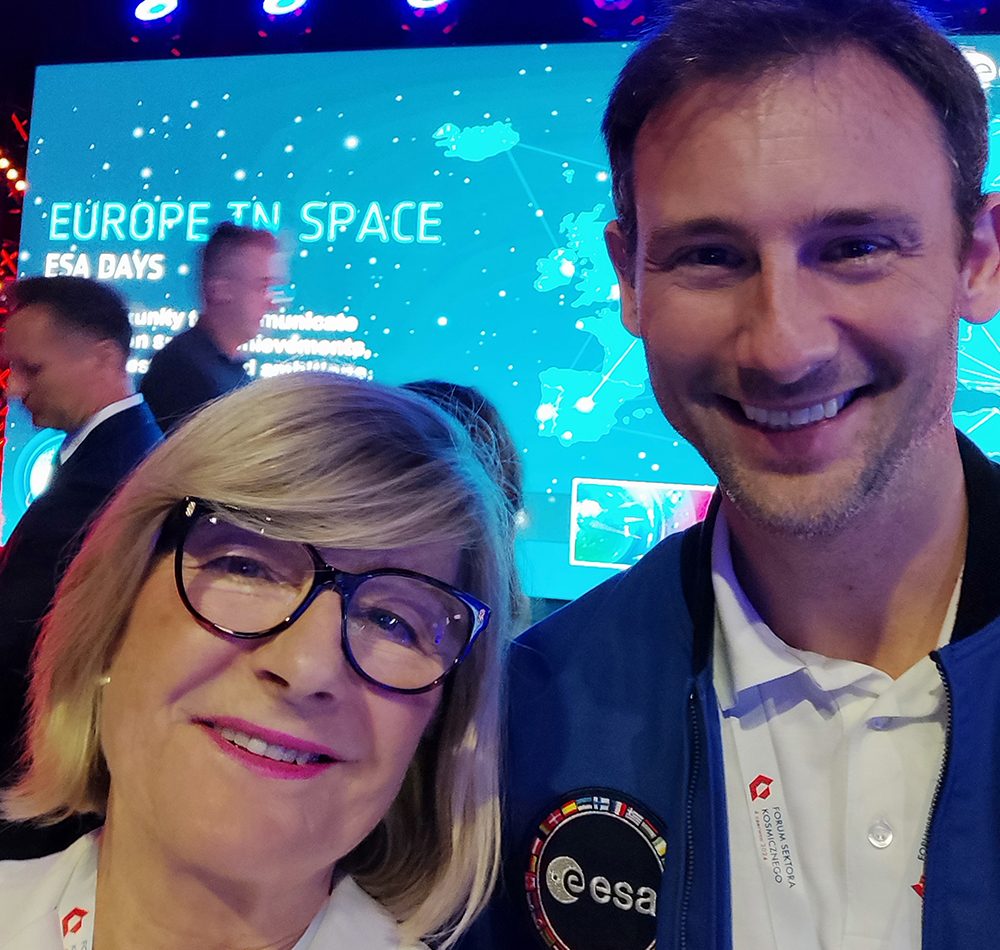
Elżbieta Marciszewska and Sławosz Uznański-Wiśniewski during ESA DAYS, 4 June 2024
Uznański-Wiśniewski’s career began in engineering and high-energy physics. After completing his studies at the Łódź University of Technology, he continued his education in France, earning a doctoral degree in electronics. His specialisation in radiation-hardened systems is now crucial for space missions, including future Mars exploration. This expertise opened doors to work at the world’s most prestigious scientific institutions. He joined CERN, where he was responsible for the infrastructure of the Large Hadron Collider (LHC). His work at CERN did not only deepen his technical expertise but also enhanced his ability to operate in an international environment and handle some of the most advanced technologies in the world.
In 2022, Uznański-Wiśniewski applied to ESA’s astronaut selection programme, competing against over 22,500 candidates. The selection process was extremely demanding and multi-stage, involving psychological, medical and physical tests. After months of rigorous evaluations, he was chosen for ESA’s Astronaut Reserve, a personal achievement and a source of pride for the Polish space sector.
Poland’s decision to increase its contribution to ESA enabled the country to send an astronaut to orbit, leading to Uznański-Wiśniewski’s assignment to Axiom-4, a commercial mission to the International Space Station. He is currently undergoing intensive training in the United States, preparing for the challenges of living and working in space. This programme includes not only technical and scientific aspects but also physical and psychological preparation for the extreme conditions of spaceflight.
POLISH EXPERIMENTS ON THE ISS
During the IGNIS mission, Sławosz Uznański-Wiśniewski will conduct 13 advanced scientific and technological experiments aboard the ISS. These studies span various fields, from biotechnology to artificial intelligence, with the potential for groundbreaking discoveries. The experiments were selected from proposals submitted by Polish research institutions, universities, and space-sector companies. Their diversity demonstrates the broad competencies of Polish organisations in space research.
The studies will include the impact of prolonged space travel on human mental health, the operation of advanced AI-driven data processing units in microgravity and the potential use of microalgae in future space missions and space medicine.
It is worth briefly describing all 13 experiments, keeping in mind that, in addition to these, Uznański-Wiśniewski will also conduct educational experiments and live connections with Earth, ensuring a demanding schedule throughout the mission.
The Astro Mental Health experiment, developed by the University of Silesia, will examine the psychological impact of prolonged space travel on astronauts, analysing self-reported data, audio diaries, and facial expressions to understand how humans cope with extreme conditions. Meanwhile, Immune Multiomics, conducted by the Military University of Technology (WAT), will focus on the human immune system, investigating gene and protein expression changes in blood cells under microgravity to assess how extended missions affect the body’s ability to combat infections.
The mission will also test autonomous artificial intelligence systems in space in the Leopard ISS experiment, utilising the Leopard Data Processing Unit, an AI-driven processing unit developed by the KP Labs. Additionally, Wireless Acoustics, led by Svantek, will investigate the ISS noise levels and their impact on astronaut health using a network of wireless acoustic sensors, which could improve future space habitats.
Further studies will explore the effects of microgravity on genetically modified yeast enriched with tardigrade proteins in the Yeast TardigradeGene experiment, developed by the University of Szczecin, to assess their potential use as biofactories for space missions, Mars, and the Moon. Another study, Human Gut Microbiota, from the Military University of Technology (WAT), will examine changes in the gut microbiome of astronauts, helping to develop optimised diets for long-duration spaceflight and ensuring astronaut health and performance during and after the mission.
Another critical area of research will be the stability of polymer-based drug delivery systems in space, addressed in the Leo-DDS experiment, designed by the Centre of Polymer and Carbon Materials of the Polish Academy of Sciences (CMPW PAN). This research will help develop better storage and administration strategies for pharmaceuticals in long-duration space missions. Studies will also investigate the survival and adaptation of volcanic microalgae in space in the Space Volcanic Algae project, developed by Extremo Technologies, assessing their potential for closed biosphere systems, oxygen production, and medical applications in space missions.
PhotonGrav, developed by Cortivision, will test brain-computer interface technologies based on near-infrared spectroscopy (fNIRS), exploring new communication and medical diagnostic methods for astronauts. Complementary to this, EEG Neurofeedback, from the Academy of Physical Education and Sport in Gdańsk (AWFiS), will assess stress reduction techniques in space, measuring brain activity and psychological responses during prolonged ISS stays.
Structural and radiation-related studies will also be a part of the mission. RadMon-on-ISS, developed by SigmaLabs, will test scalable radiation sensors in orbit, providing data to improve astronaut safety and shielding technologies. Mollis Textus – Astro Performance, a project from Smart Diagnostics, will use artificial intelligence to analyze soft tissue changes in astronauts under microgravity and improve diagnostic methods for long-term space missions. Finally, the MXene in LEO experiment, prepared by AGH University of Science and Technology, will analysze the stability of advanced MXene nanomaterials in low Earth orbit and explore their potential applications in wearable health-monitoring devices and telemedicine for astronauts.
BENEFITS FOR THE POLISH SPACE SECTOR
The IGNIS mission has already created major opportunities for the Polish research and technology development. The participation in ISS-based studies allows Polish scientists to gain flight heritage, enabling them to test new technologies in microgravity. This could lead to innovations in medicine, engineering, and space technologies.
The mission also holds great educational and inspirational value. A significant increase in interest is expected in space-related academic programmes, such as aerospace engineering, astrophysics, robotics, and materials science, but also in fields such as psychology and logistics. Universities across Poland will likely see a surge in student enrolment in these disciplines, strengthening the Polish space sector over the long term.
Moreover, this mission could spark a new era for Polish space science and industry. Increased investment in space research and technology development is anticipated, along with the emergence of new startups and companies specialising in satellite technology, space robotics and navigation systems. These developments could create new high-tech jobs and solidify Poland’s position as a key player in the European and global space sector.
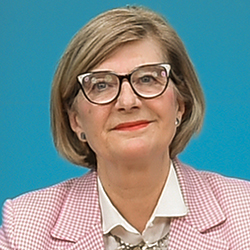
Professor ELŻBIETA MARCISZEWSKA, Rector’s Representative for the Academic Space Network, SGH
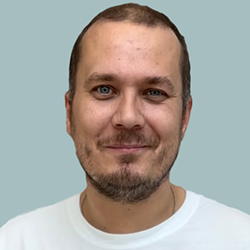
MACIEJ MYŚLIWIEC, founder of the Space Agency

